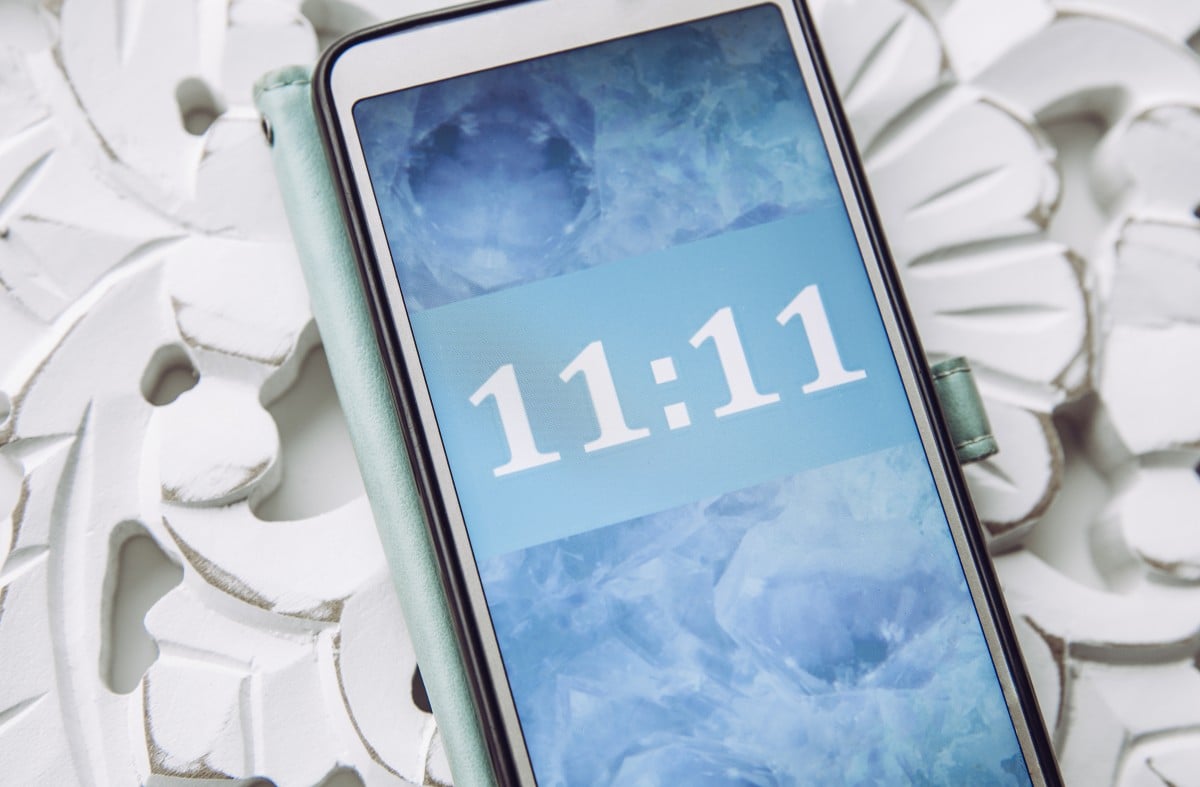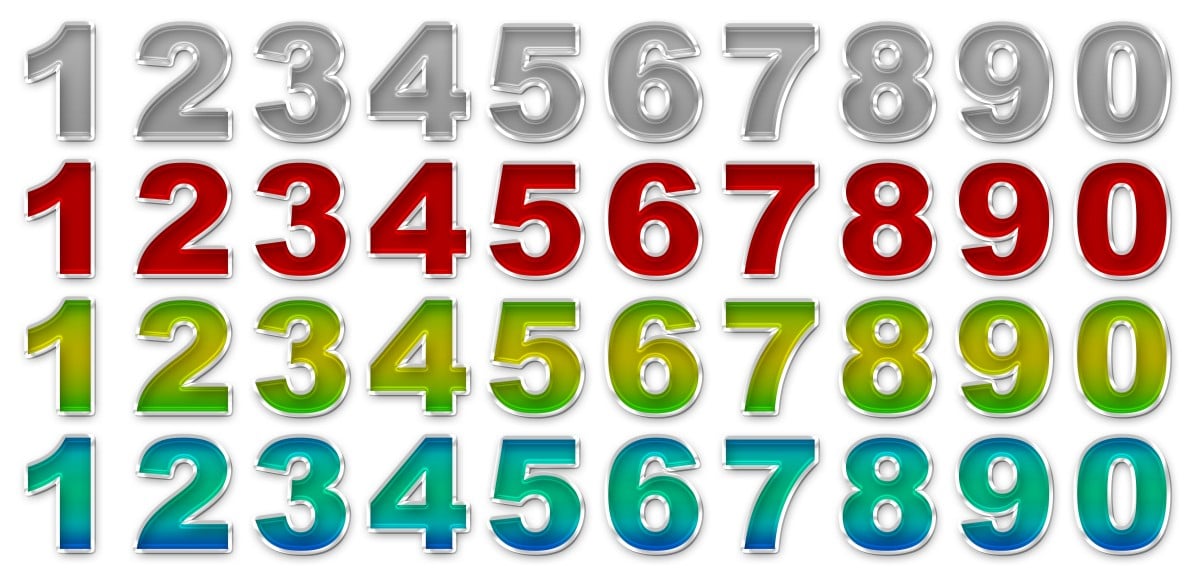Japanese culture is full of symbolism, and numbers are no exception. Unlike the West, where numbers generally carry neutral meanings, in Japan, many of them have positive or negative connotations due to their pronunciation, cultural associations, and even Buddhist and Shinto influences. This symbolism affects everything from architecture to the daily lives of Japanese people.
Have you heard that certain numbers are avoided in hospitals and hotels in Japan? Or that some numerical combinations are used to express secret messages? In this article, we will explore the meaning of Japanese numbers, from the most feared to the most auspicious.
Read also: Numbers in Japanese - Complete Guide
Table of Content
The Number 1 in Japanese (一 - Ichi)
The number 1 (一 - Ichi) represents the beginning and singularity. It is the foundation of all other numbers and symbolizes new beginnings. In Japanese, "ichi" is used in various expressions that denote primacy or something unique. For example, "ichiban" means "the first" or "the best." There are no records of negative connotations associated with the number 1 in Japanese culture.
Additionally, the number 1 is often associated with the idea of unity and individuality. In religious contexts, it can represent the concept of a single god or supreme entity. In Buddhism, for example, the pursuit of enlightenment is an individual journey, reflecting the importance of "one" as a symbol of singularity and personal purpose.
The Number 2 in Japanese (二 - Ni)
The number 2 (二 - Ni) symbolizes duality and balance. It is common in contexts involving pairs, such as "futago" (twins) or "meoto" (couple). The pronunciation "ni" has no known negative associations in Japanese culture. On the contrary, pairs are often seen as symbols of harmony and cooperation.
In traditional Japanese architecture, many elements are designed in pairs to create symmetry and aesthetic balance. For example, the guardian lions "komainu" are usually placed in pairs at the entrance of Shinto shrines, representing protection and balance between opposing forces.
The Number 3 in Japanese (三 - San)
The number 3 (三 - San) is considered auspicious and is present in various cultural and religious traditions. In Shinto, for example, "Sanshu no Jingi" refers to the three sacred treasures: the mirror, the sword, and the jewel, which symbolize virtues such as wisdom, courage, and benevolence.
Moreover, the number 3 appears in Japanese idiomatic expressions, such as "Mikka Bouzu," which describes someone who gives up after three days, highlighting the importance of commitment and perseverance. The presence of the number 3 in various cultural aspects reinforces its position as a lucky and balanced number.
The Number 4 in Japanese (四 - Shi/Yon)
The number 4 (四 - Shi/Yon) is often avoided due to its pronunciation "shi," which is a homophone of the word "death" (死). This negative association leads many establishments, such as hospitals and hotels, to omit the fourth floor or room number 4 to avoid superstitions related to death.
To circumvent this negative connotation, the alternative pronunciation "yon" is widely used in everyday life. For example, when counting objects or indicating phone numbers, "yon" is preferred to avoid any unwanted association with death.

The Number 5 in Japanese (五 - Go)
The number 5 (五 - Go) has various meanings in Japanese culture. It is associated with the five traditional elements: wood, fire, earth, metal, and water, which form the foundation of Eastern philosophy and represent different aspects of nature and life.
Additionally, the number 5 is significant in Japanese cuisine. The philosophy of "goshiki" emphasizes the incorporation of five colors (red, green, yellow, white, and black) in a meal, aiming to balance nutrients and provide a visually pleasing experience.
The Number 6 in Japanese (六 - Roku)
The number 6 (六 - Roku) does not have particularly positive or negative connotations in Japanese culture. It is considered a neutral number and is widely used in everyday contexts without significant superstitious associations.
However, in some esoteric practices, such as in esoteric Buddhism, the number 6 can represent the six realms of existence, reflecting different states of life and consciousness through which a soul may pass.
The Number 7 in Japanese (七 - Shichi/Nana)
The number 7 (七 - Shichi/Nana) is widely considered lucky in Japan. It is present in various cultural and religious traditions, such as the "Shichi-Go-San" festival, celebrated on November 15, which commemorates the healthy growth of children aged three, five, and seven.
Furthermore, the number 7 is associated with the "Seven Lucky Gods" (Shichifukujin), who are often celebrated during the New Year, symbolizing good luck and prosperity for the coming year.

The Number 8 in Japanese (八 - Hachi)
The number 8 (八 - Hachi) is considered auspicious due to its broad base shape, symbolizing growth and prosperity. This visual representation suggests continuous expansion, which is why many businesses and individuals prefer to incorporate the number 8 in addresses, phone numbers, and other aspects of daily life.
Moreover, the number 8 is often associated with sports events and competitions in Japan, symbolizing challenges and the pursuit of success. The popularity of the number 8 is also reflected in special dates and celebrations that occur on the eighth day of the month.
The Number 9 in Japanese (九 - Ku/Kyuu)
The number 9 (九 - Ku/Kyuu) is avoided in certain contexts due to the pronunciation "ku", which sounds similar to the word for "suffering" or "agony" (苦). This negative association leads some people to avoid using the number 9 in situations such as gifts or room designations.
To mitigate this connotation, the alternative pronunciation "kyuu" is often used. However, in formal contexts or in situations where superstition is taken into account, the number 9 may be completely omitted or replaced to avoid unfavorable associations.
The Number 10 in Japanese (十 - Juu)
The number 10 (十 - Juu) symbolizes completeness and perfection, representing the culmination of a full cycle. In Japan, the number 10 is often associated with rankings and ratings, indicating the highest level of achievement or quality.
Furthermore, the number 10 has spiritual significance, representing the union of the material world with the spiritual. This duality is reflected in the writing of the kanji "十", which consists of two intersecting lines, symbolizing the intersection between different dimensions or aspects of existence.
Other Japanese Numbers
The Japanese use numbers symbolically even to create coded messages. A famous example is the use of numerical combinations to express words or feelings, based on sound similarity.
- 39 (San-kyuu)It resembles the pronunciation of "Thank you" in English, used to express gratitude.
- 4649 (Nice to meet you, 宜しく)It means "count on you" or "pleasure to meet you".
- 520 (Go-ni-rei)Remember "goni-rei" (愛してる, Aishiteru), which means "I love you."
This use of numbers is common in text messages and personalized vehicle plates. I hope this article has presented the meaning of Japanese numbers.
